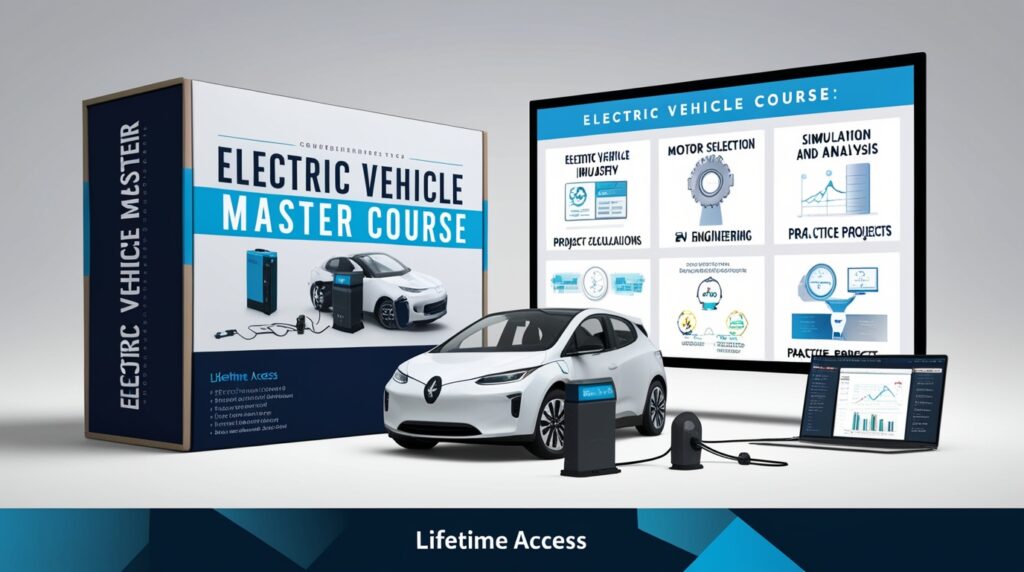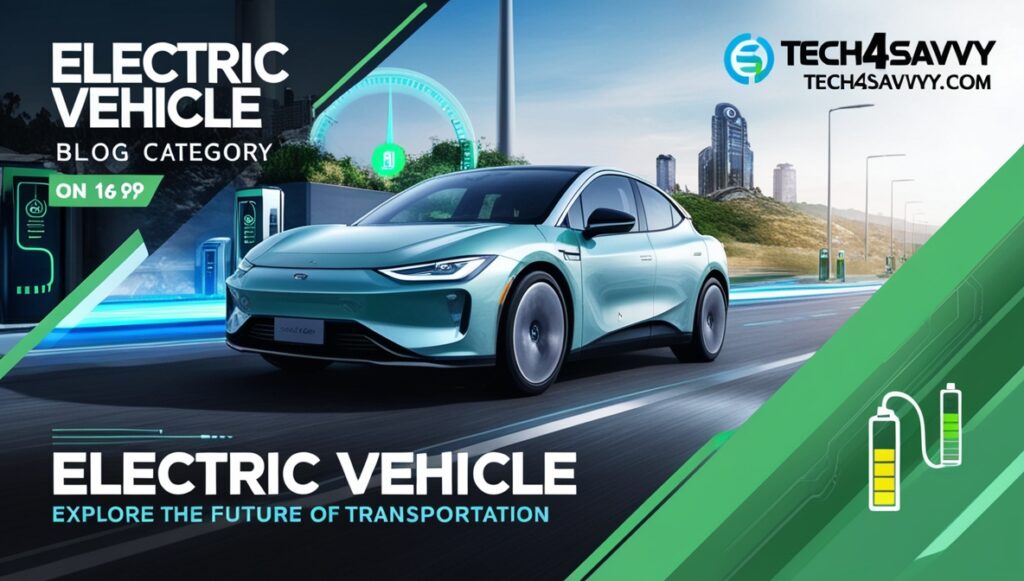The rise of electric vehicles (EVs) has sparked much debate. As more people consider switching from gas-powered cars to EVs, several myths have emerged. These myths can create confusion and mislead potential buyers. Therefore, it is essential to separate fact from fiction. In this article, we will debunk some of the most common misconceptions about electric vehicles.
Myth 1: Electric Vehicles Have Limited Range
Fact: One of the most persistent myths is that EVs cannot travel far on a single charge. This belief stems from the early days of electric vehicles when battery technology was still in its infancy. However, today’s EVs offer significantly improved range. Many modern electric cars can travel over 200 miles on a single charge, and some high-end models exceed 300 miles. For example, the Tesla Model S can achieve over 370 miles per charge, while the Chevrolet Bolt offers around 259 miles.
Furthermore, EVs are ideal for daily commutes. Studies show that the average driver covers about 30 miles per day, well within the range of even the most basic electric vehicle. With continued advancements in battery technology, the range of EVs will only increase, making long-distance travel more feasible and convenient.
Myth 2: Charging Takes Too Long
Fact: Many people believe that charging an electric vehicle takes an unreasonable amount of time. While it is true that charging an EV is not as quick as filling a gas tank, the process is becoming faster and more convenient. Charging times vary depending on the type of charger used.
- Level 1 Charging (using a standard household outlet) can take several hours, typically overnight.
- Level 2 Charging (using a dedicated home or public charger) significantly reduces charging time, often providing a full charge in 4-8 hours.
- DC Fast Charging stations can charge an EV to 80% capacity in just 30-45 minutes.
For most drivers, charging overnight at home is sufficient. Moreover, the growing network of fast-charging stations across highways and cities ensures that longer trips are possible without lengthy delays. As charging infrastructure expands, the convenience of owning an EV will continue to improve.
Myth 3: Electric Vehicles Are Too Expensive
Fact: The perception that electric vehicles are prohibitively expensive is another common myth. While it is true that the upfront cost of an EV can be higher than that of a traditional car, the long-term savings often make them more economical. Here’s why:
- Lower Operating Costs: Electric vehicles have fewer moving parts than internal combustion engine vehicles, which means less maintenance. No oil changes, fewer brake replacements, and fewer engine-related repairs contribute to significant cost savings over time.
- Fuel Savings: Electricity is cheaper than gasoline. On average, EV owners spend half as much on fuel compared to gasoline vehicle owners.
- Government Incentives: Many governments offer incentives such as tax credits, rebates, and grants for purchasing electric vehicles. These incentives can reduce the purchase price by several thousand dollars.
As battery prices continue to fall and production scales up, the initial cost of electric vehicles is expected to decrease, making them accessible to a broader audience.

Myth 4: There Are Not Enough Charging Stations
Fact: The concern about the availability of charging stations is valid but often overstated. The number of public charging stations has grown rapidly in recent years. Today, there are over 100,000 public charging ports in the United States alone, with more being added daily. Many major cities, shopping centers, and workplaces now offer charging stations, and networks like Tesla’s Supercharger stations span the country, making long-distance travel increasingly convenient.
In addition, most EV owners charge their vehicles at home, which eliminates the need for frequent stops at public stations. With the availability of home charging solutions, the need for public charging is often limited to long trips.
Myth 5: Electric Vehicles Are Not Environmentally Friendly
Fact: Some critics argue that electric vehicles are not as green as they appear, primarily due to the energy required to manufacture batteries and the electricity used to charge them. While it is true that EVs have an environmental footprint, studies show that they are still more environmentally friendly than traditional gas-powered vehicles.
- Lower Emissions: Electric vehicles produce zero tailpipe emissions, which means no harmful pollutants like carbon dioxide or nitrogen oxides are released into the air. Even when considering the emissions from electricity generation, EVs typically result in lower overall greenhouse gas emissions, especially in regions where renewable energy sources like wind and solar are prevalent.
- Sustainable Production: The industry is making strides toward more sustainable battery production and recycling methods. Companies are investing in greener manufacturing processes and exploring ways to reduce the environmental impact of battery production.
As renewable energy sources continue to grow, the environmental benefits of electric vehicles will become even more significant, contributing to cleaner air and a healthier planet.
Myth 6: Electric Vehicles Are Not Fun to Drive
Fact: This myth couldn’t be further from the truth. Electric vehicles offer a unique driving experience that many enthusiasts find exhilarating. Because electric motors deliver instant torque, EVs provide rapid acceleration, often outperforming their gasoline-powered counterparts. For example, the Tesla Model 3 can accelerate from 0 to 60 mph in just 3.1 seconds.
In addition to their quick acceleration, electric vehicles offer a smooth, quiet ride due to the absence of a traditional engine. The low center of gravity, thanks to the battery placement, improves handling and stability, making EVs enjoyable to drive on both city streets and winding roads.
Conclusion
Myths about electric vehicles can prevent people from considering them as a viable option. However, as we have seen, many of these myths are outdated or simply untrue. Modern electric vehicles are practical, economical, and environmentally friendly. As technology advances and the infrastructure for EVs continues to grow, these vehicles will become an even more attractive option for drivers worldwide. By understanding the facts, you can make an informed decision about whether an electric vehicle is right for you.

